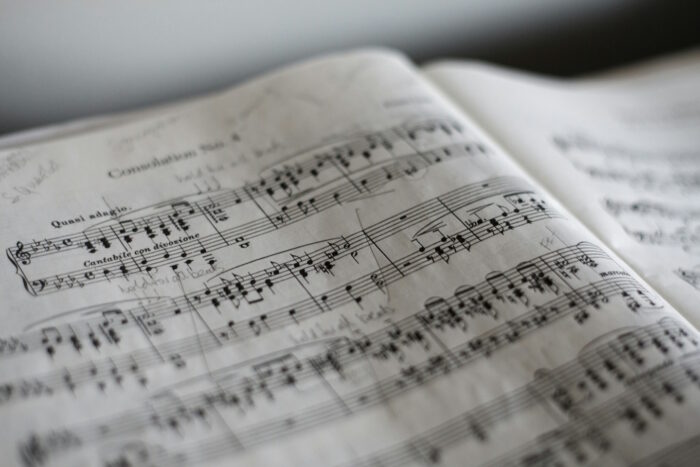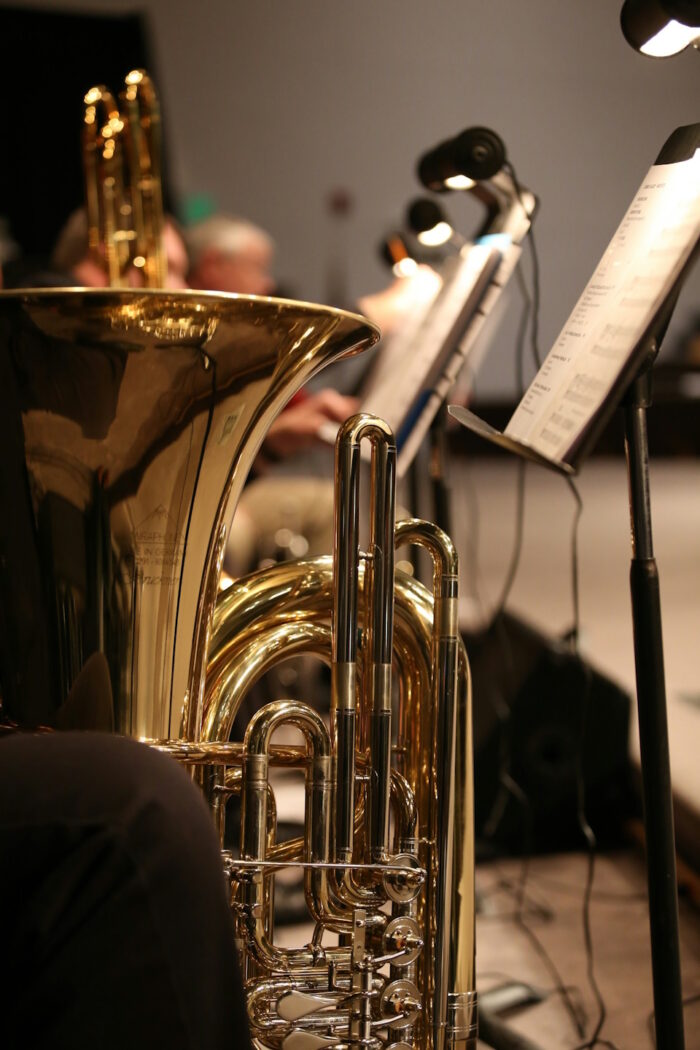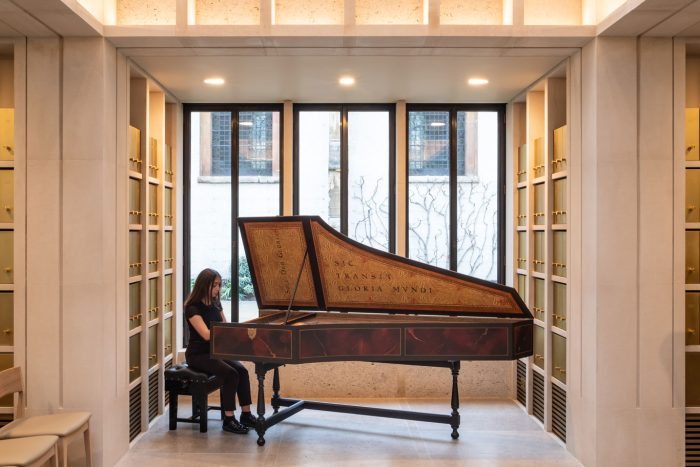Music
- UCAS Code: W300
- Campus Code: 4
- Duration: 3 years
- Places per year: 1-3
Music at Cambridge covers many exciting topics. Learn new approaches to thinking about music across styles and genres, and develop your skills in critical thinking, analysis, performance, and composition.
For an overview of the course content, visit the Music course page on the University website. For information about applying for the course at Trinity Hall, continue reading this page!

Music
Looking for something specific? Use these quick links to get to where you want to go…
Studying Music: What’s It Like?
In this video Laura, 3rd-year Music student, shares everything you need to know about studying Music and all the music opportunities here at Cambridge and Trinity Hall.

Entry Requirements
Minimum Offer Level
A-Level: A*AA
IB Diploma: 42 points, with 776 at Higher Level
Other: See the University’s Entry Requirements page
Subject Requirements
You will need A levels/IB Higher Levels (or the equivalent) in:
- Music; or
- ABRSM Grade 8 Theory at Merit or above
We also recommend any of these subjects for a strong application:
- English (literature or language)
- History
- Mathematics
- Languages (ancient or modern)
General Requirements
Candidates should also be acquainted with the standard musical repertory and have experience of writing about music in clear English. You should have a good musical ear, a reasonable facility at the keyboard (roughly equivalent to Grade 5 ABRSM or above) and some basic knowledge of harmony and counterpoint.

Admissions Process
Written Work
Applicants will need to submit two school essays in Music plus two harmony exercises. You do not have to send this work before applying; we will write to you after you have applied and let you know exactly what you need to send and when.
Admissions Assessment
If shortlisted for interview, you will be asked to take an admissions assessment. The assessment is one hour in duration and includes written exercises in music such as harmonisation of a chorale melody, recognition of musical forms and/or styles and some chord analysis. The College will register you automatically for this assessment.
Interviews
Two interviews of around 25 minutes each. Before the interview itself, you may be given something to read which will be discussed in the interview.